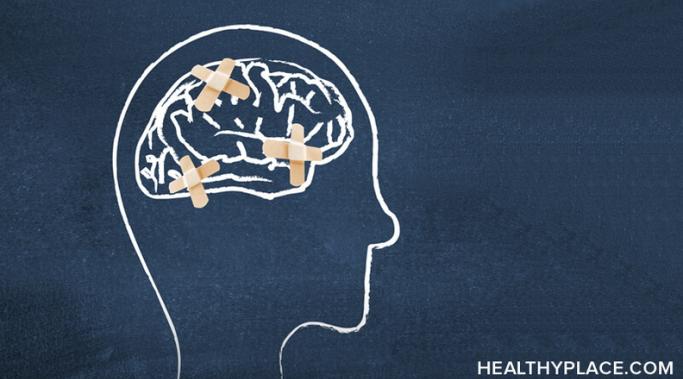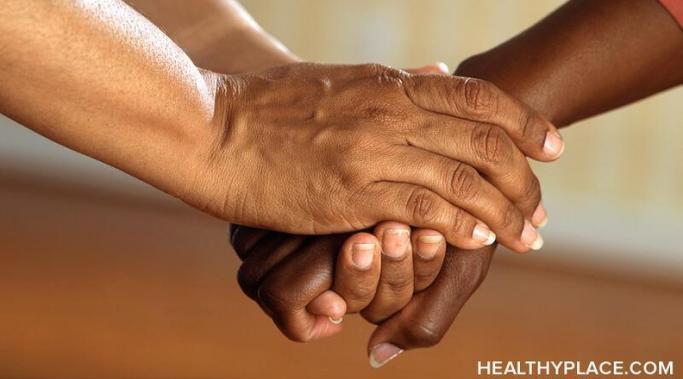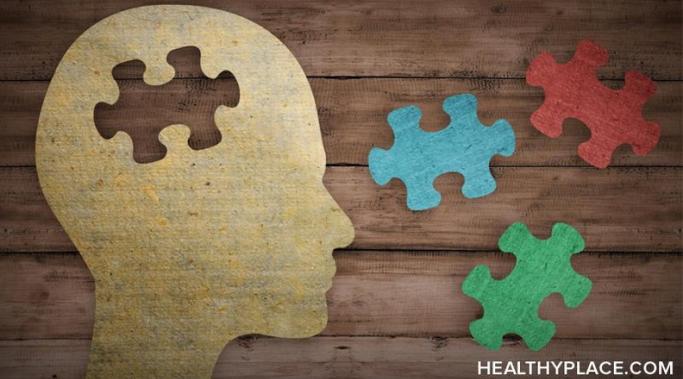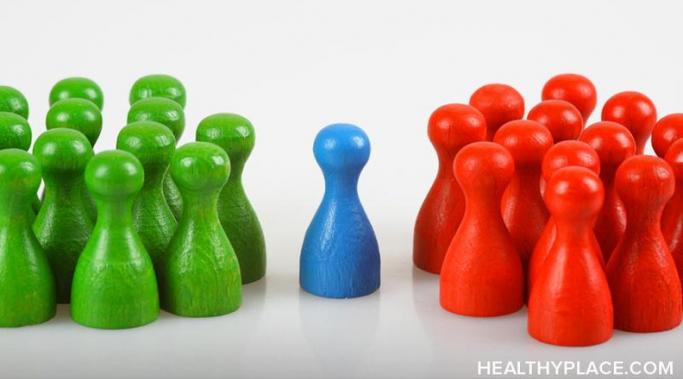Do you know how to focus on glimmers instead of triggers? The healing journey away from verbal abuse will consist of many elements. Individuals who face verbal abuse may have posttraumatic stress disorder (PTSD), low self-esteem, or anxiety. Other people's actions can often create triggers that bring back negative emotions tied to past experiences. Sometimes, these triggers can be debilitating for individuals recovering from verbal abuse. However, the term glimmers has recently become common among people familiar with triggers.
Leaving Abuse
Recently, I was concerned that the effects of verbal abuse had damaged me. This revelation came to me after watching "Barbie." The more I talked to others about this film, the more I realized I was one of the few people who didn't cry during the show. Is it because I'm damaged from verbal abuse?
For me, self-love is part of healing after verbal abuse. Individuals who experience verbal abuse may have low self-esteem, which can trickle into other areas of life. Without healthy confidence, people may neglect to care for themselves or regularly put themselves second to others. Understanding how to reintroduce healing self-care and self-love into your life can be challenging after breaking free from verbal abuse.
Moving forward to a life without verbal abuse can be challenging. It can be hard to break free from the abuser, find healthier relationships, and receive the love and respect you deserve. There is no designated timeframe to minimize the effects of verbal abuse in your life. Some people, like myself, go through years of therapy, while others may have an easier time with their healing journey to a life without verbal abuse.
The question is, can you heal from verbal abuse? Verbal abuse is prevalent in many relationships. It does not choose age, skin color, or social standing. Instead, you can find this harmful behavior in various places, like the school playground, between partners at home, or even in the workplace. With such a widespread problem, is it even possible to heal from the negative effects of verbal abuse?
Can an abuser change? That is the question. One common characteristic many individuals share is the belief that people can change for the better. When verbal abuse occurs in relationships, the behavior may continue unless one or both individuals move to change the dynamic. This change can come from the abuser or the victim, forcing a shift in the relationship.
You can still find a negative stigma around mental health and medication treatment for many individuals. How others perceive them with the knowledge that they use pharmaceuticals can be negative. However, there is not one right answer, and medication treatment needs can change significantly throughout the healing process when recovering from verbal abuse.
Every individual will have a unique experience with verbal abuse recovery. Each situation is different, resulting in a personalized journey for healing that requires changing tools and strategies. However, navigating which methods to use during your recovery process can be overwhelming. It can help to have various coping strategies in abuse recovery.
It can be discouraging for many individuals to move away from and begin verbal abuse recovery once they realize the journey is not straightforward. Unlike overcoming other life obstacles, recovery from verbal abuse may present setbacks, leaving an individual with lost hope for a healthy relationship. Although the process may not be as simple as avoiding an abuser, it is possible to hold meaningful connections with others.
When facing repetitive verbal abuse, you may wonder if abusers can change and become loving and supportive people. Can a verbally abusive person change and stop using hurtful words and intimidation on others? Of course, the answer will depend on the individual and their dedication to embracing change.









